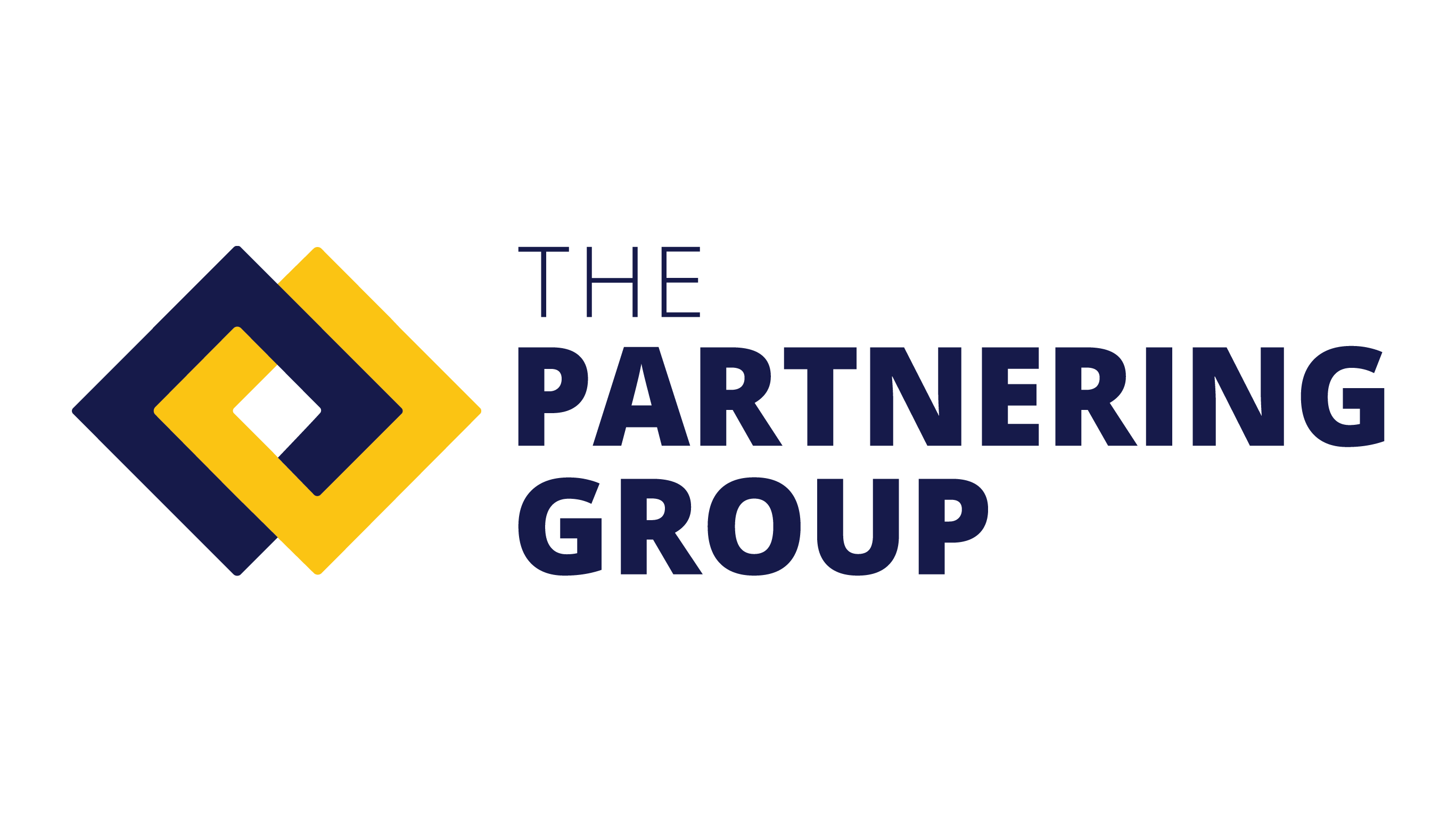[two_third]
Trade Spend Effectiveness
Effective management of Trade Spend is critical for all Manufacturers as it continues to grow and is typically the second largest expense on the P&L after COGS. It can prove even more difficult in Foodservice with the expansive number of indirect customers that often receive some level of trade funding. Foodservice Manufacturers are often challenged to increase visibility of all trade spending, understand its effectiveness and eliminate ineffective trade spend in a environment often dominated by longer term contracts.
[/two_third]
[onethirdlast_box]
Foodservice Consulting
- Go-To-Market Strategy
- OCM: Customer Segmentation
- Joint Business Planning
- Full Plate Category Leadership
- Trade Spend Effectiveness
- Training
[/onethirdlast_box]
What We Do
TPG’s approach helps Guide, Design and Activate Trade Spend Optimization processes, capabilities & tools that enhance the visibility of Trade Spend, align Trade Spend to the strategic plan and enable better decision making to improve return on investment. A partial list of our consulting services include:
- Trade Spend Strategy Development: TPG will lead the development of a comprehensive Trade Spend Strategic Plan (Initiatives and key KPI’s) that will help identify & prioritize the Trade Spend work. An organization’s Trade Spend Strategy should support the overall business strategy and the go to market strategy.
- Customer Investment Modeling: TPG will work with the Manufacturer to create a customer investment model which takes into account all spending at a particular customer including Customer specific expenses not necessarily captured in traditional trade such as logistic costs, costs related to private label products, and sponsor activities. The Customer Investment model also takes into account indirect customer spending to reflect a Manufacturer’s true investment in a Customer.
- Contract Architecture: TPG will work with the Manufacturer to understand the key business drivers, which is defined as activities that support business growth, for their particular organization. TPG will translate the business drivers to a framework for the development of contracts which ensures money is spent on those specific activities. Frameworks will be created for both Operators and Distributors.
- Enterprise Allocation: TPG will lead the development of a new Trade Investment Allocation model. The objective of this process and model will be to allocate trade spending in a manner that will provide the greatest strategic value and/or ROI for the Manufacturer.
